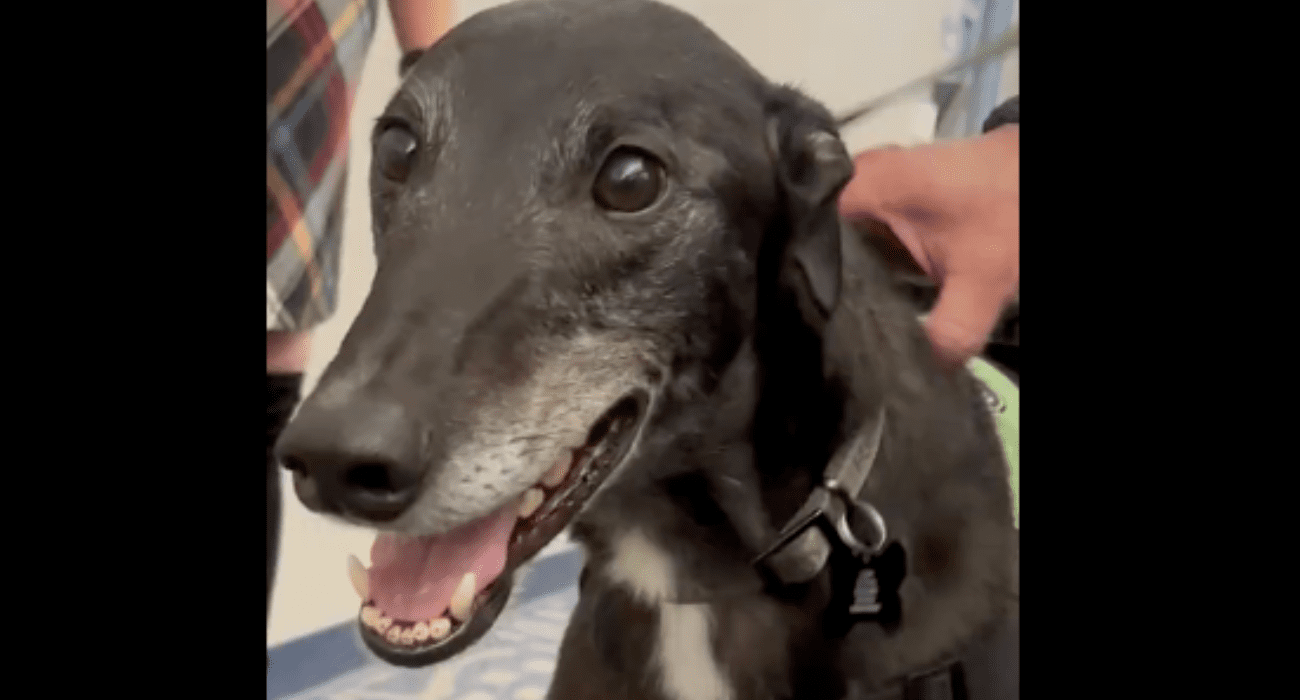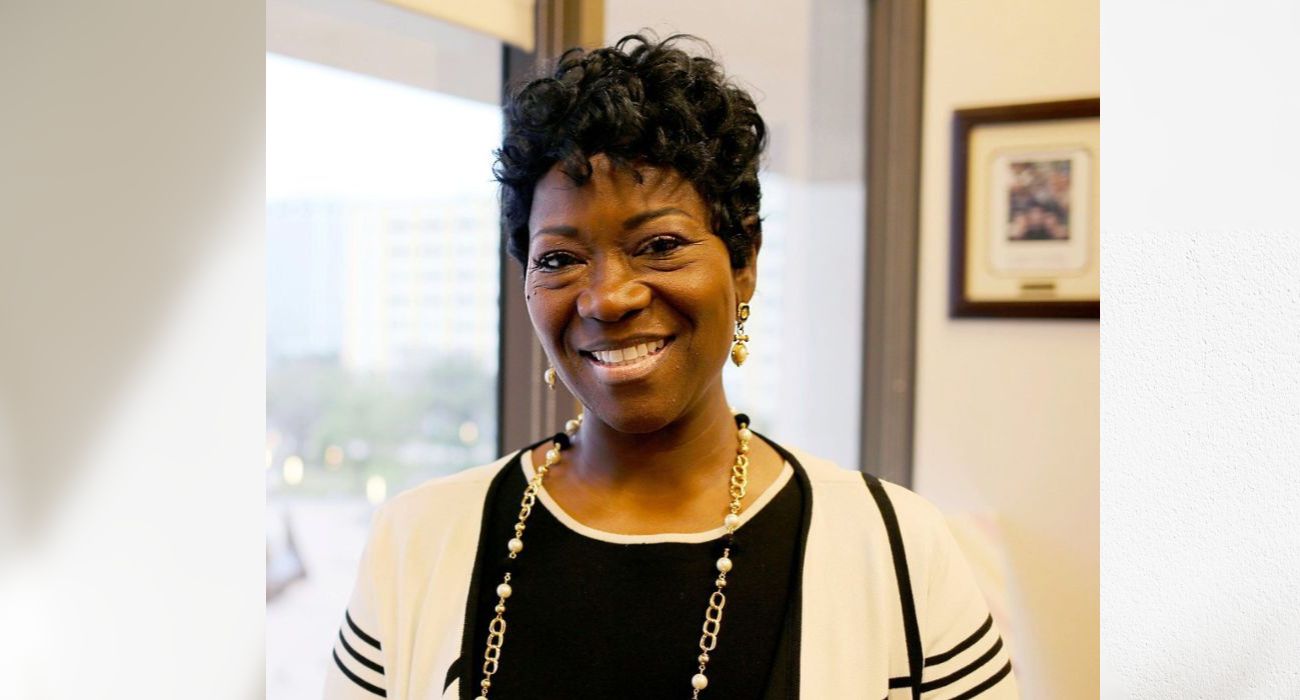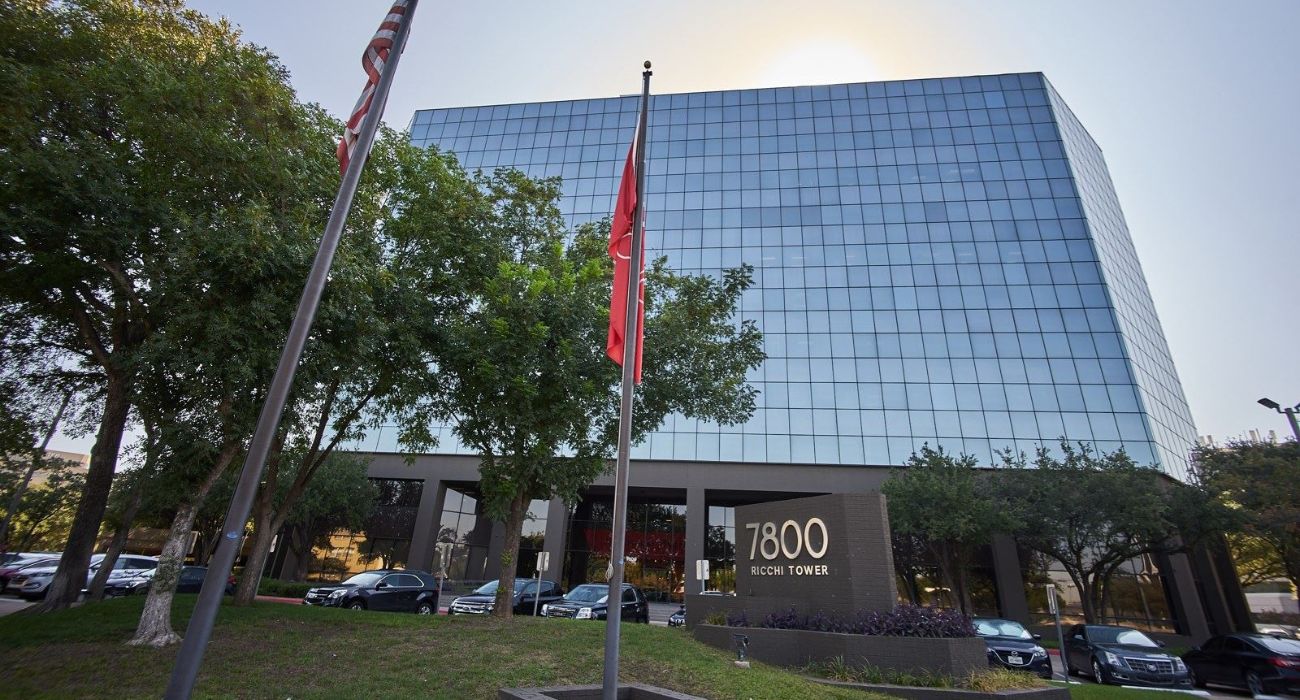An international partnership looking to boost first responders’ mental health has led to a new canine officer joining the ranks of the Dallas Police Department.
Austin, now known as “Aussie,” is a greyhound that traded in his racing boots for certified therapy training with Greyhound Racing NSW and Greyhounds As Pets NSW in Australia.
In early November, he took on his new role as a therapy dog in DPD’s Wellness Unit.
Meet Aussie, the newest member of the Dallas Police Department Wellness Unit! 🐾 As an emotional support dog, Aussie is here to bring comfort and companionship to our employees. #DallasPD #FeatureFriday pic.twitter.com/FLmqQDlWPt
— Dallas Police Dept (@DallasPD) November 3, 2023
Aussie is the very first dog to be brought to the United States by the group Aussie Mates in the States.
“I am honored to be selected as the pilot candidate for this program to introduce it to the Dallas Police Department to help our Officers,” said Aussie’s handler, DPD officer Joe King, according to the National Police Association.
Although retired from racing, 5-year-old Aussie still zooms around, just now at DPD offices.
Aussie still has the moves! pic.twitter.com/pysujKfhio
— DPD WELLNESS UNIT (@dpdwellness) November 13, 2023
The 73-pound dog’s real job is to provide emotional support to officers. Trained specifically to comfort those with post-traumatic stress disorder, Aussie loves giving hugs and getting attention. However, his presence alone helps lighten things up.
“Aussie’s kind energy is being taken on by the person that might be affected or struggling that day,” King told The Dallas Morning News.
Like most law enforcement officers across the nation, DPD personnel have struggled with emotional wellness. Two of its officers reportedly died by suicide in August, as previously covered by The Dallas Express.
“When you look at suicides nationally, it’s actually one of the leading causes of death in law enforcement,” DPD Chief Eddie Garcia said when speaking to The Dallas Express earlier this year.
With Garcia’s support, the Wellness Unit was launched nearly a year ago under the leadership of Assistant Chief Reuben Ramirez to help bolster the mental well-being of officers.
Referring to the emotional support dog initiative as a way to till “the hardened ground of [police] culture,” Ramirez explained to DMN how officers need healthy ways to deal with the images of victims and their families that follow them after responding to a crime scene.
“They rob the first responder of the ability to be at peace in their personal lives,” he said. “That can be a tough haul over long careers.”
So far, the demand for the Wellness Unit’s services has been high among officers, according to King.
“They reach out and say, ‘I need some help, my family needs some help.’ Sometimes, it’s for marital counseling. Sometimes it’s help with a child,” King said, per DMN.
“It makes me wonder, what were these people doing before?” he added.






